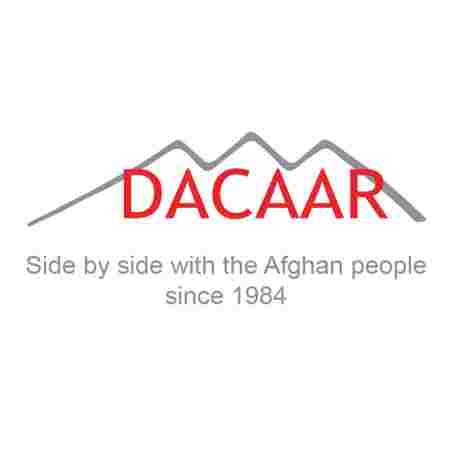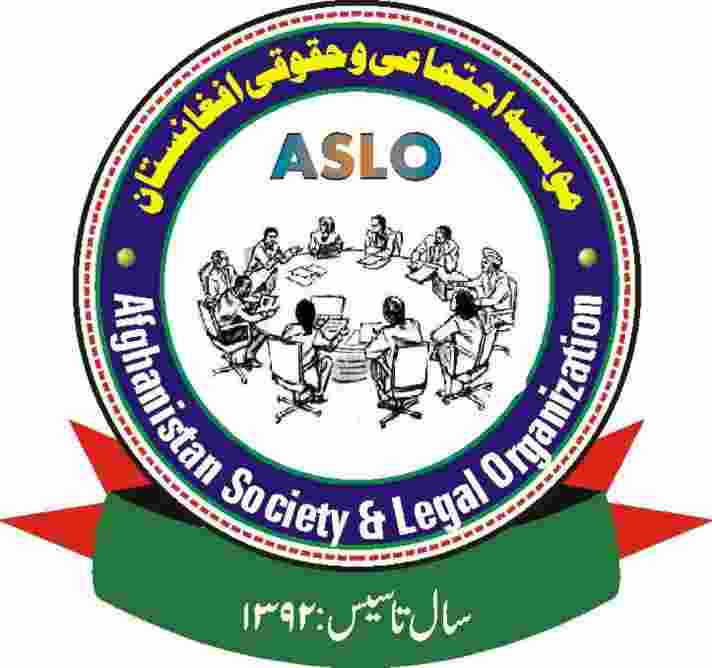Job Summary:
Afghanistan faces severe climate vulnerability due to a combination of environmental and socio-political factors. Recurring climate-induced disasters, particularly droughts and floods, have significantly undermined food security and rural livelihoods. Projections point to a future with rising temperatures, declining rainfall, and more frequent extreme weather events. These impacts are compounded by decades of conflict, which have weakened the population's adaptive capacity. The influx of returnees from Pakistan and nowadays from Iran has, and will continue to have further strained natural resources, intensifying conflicts over land and water access and deepening existing social divides.
The position of Livestock Officer is to plan and implement a charge of overall livestock and animal health management issues at the community level of Faryab province technical aspects related to Dairy and Livestock. She/he will be required to work with livestock owner groups to provide technical services including distribution of Medicine, vaccines, supervising animal husbandry training such as housing, hygiene feeding, urea treatment, and technical advice.
Job Responsibilities 01: Program Management and staff Management
- Mobilize communities in line with project objectives, conduct surveys, and need assessments at the target communities to identify eligible project livestock owner groups.
- Facilitate inter and intra-provincial learning opportunities to LOG members (exposure visits).
- With support Doctor (DVM) builds the capacity of LOG elected committee members through training in bookkeeping, compliance, and leadership training (plus refresher trainings.
- Instruct livestock owner groups on medicine usage, benefits of vaccine, and administration of vaccine vaccines stock disease prevention.
- With support doctor (DVM) facilitate meetings and strengthen linkages between LOGs and DAIL District Extension Officers, livestock producer associations, and livestock marketing co-operatives.
- Follow up on vaccination seasons and keep livestock owner groups’ knowledge updated.
- Instruct men/women on personal and environmental hygiene, housing, water sanitation, dairy processing, and health care issues.
- Conduct regular monitoring of livestock production, status stables, and livestock treatment process.
- Collect necessary data and information to keep track of the change in attitudes and practices of target livestock owner groups
- Maintain good relations with the communities, area representatives, and VFUs parapets.
- Conduct regular Meetings with target livestock owner groups and ensure a proper coordination network is established.
- Assist to prepare, quarterly and monthly plans for effective execution of the project activities as stipulated in the project document.
- Assist the doctor (DVM) in submitting reports, monthly and quarterly the project coordinator promptly.
Job Responsibilities 02: Monitoring & Impact Assessment:
Tasks
- Ensure that the Livestock officer produces 1 – 2 success stories during every quarter of the project.
- Document key challenges faced, and lessons learned every quarter.
Job Responsibilities 03: Reporting & Communication:
Tasks
- Develop and submit accurate monthly work plans and reports to the District Manager/Programme Coordinator/NRM PC. These reports should include technical social and impact information.
- Liaise with NRM PC regarding the technical aspect of NRM implementing activities.
- Develop high-quality donor reports for the NRM and agriculture-related activities, that is contributing to the project donor reports as required.
- Ensure government participation in vital social events such as training, exposure visits, workshops, etc, as appropriate
Liaise with relevant government departments and keep updating them on the project progress and achievements regularly
Job Responsibilities 04: Capacity Building and networking :
Tasks
- Conduct technical training on appropriate animal health and welfare practices to livestock owner group members in each district (including animal handling, housing, and feeding, identifying the disbands use, and seeking treatment).
- Livestock owner group’s members receive awareness-raising education sessions on animal health and welfare and the benefits of investing in animal health, conducted jointly by project staff, DAIL staff, and VFUs Para vets.
- Distribution of basic dairy processing equipment to women livestock groups.
Establish livestock owner groups in each target community.



